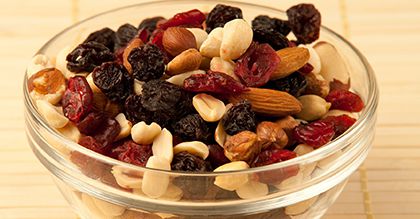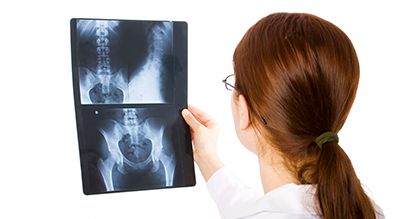If you are expecting then you naturally tend to gain weight. But there is also the question of how much weight you should gain during pregnancy. Weight gain is vital during pregnancy as it affects the development of the baby. You must be prepared to gain about 12 kilograms of weight at an average. However, it differs from 8 to 16 kilograms in most of the cases of pregnant women.
The best part you will shred this extra weight once you deliver your baby and reach your pre-pregnancy weight after a while. This extra weight you gain encompasses your baby’s weight and a lot of other fluids and tissues that come along as the part and parcel of pregnancy. You must keep in mind that this weight gain is necessary for your baby’s growth and not try losing weight or lessen your calorie intake. The baby needs the nutrients in order to grow at a healthy pace.
Research claims that the average pregnant women requires only about an increment of 300 calories on her usual diet before the pregnancy. This will ensure that she gains the apt amount of weight for her pregnancy phase. Here is how much you should gain if you are a mommy-to-be, first three months 1 to 3 kilograms and 0.5 kilograms every week henceforth.
In case if twins, you can gain 0.7 kilograms per week during the rest of your pregnancy period. And the amount of calorie intake when you are expecting twins is much higher i.e. about 3500 calories a day. Following is the break-up of the entire weight to be gained during pregnancy:
The child 3.6 kgs
Blood supply 1.85 kgs
Amniotic fluid 1.3 kgs
Placenta 1 to 1.5 kgs
Breast tissue 1 to 1.3 kgs
Enlarged uterus 0.90 to 2.5 kgs
Stored fat for breastfeeding and delivery 2.5 kgs to 4 kgs
This comes up to a sum total of about 12 to 15 kgs. To gain the precise amount of weight a pregnant woman must follow the below tips:
- Have about five to six short meals a day.
- Consume short-eats like dry fruits, ice-creams, yogurt etc.
- Use a peanut butter bread spread. It contains 100 calories and 7 grams of protein. You can use the peanut butter on crackers or celery also.
- Add butter, cheese, margarine etc to your meals. It will make it delicious and will serve the purpose.


 Toll Free Number
Toll Free Number


















